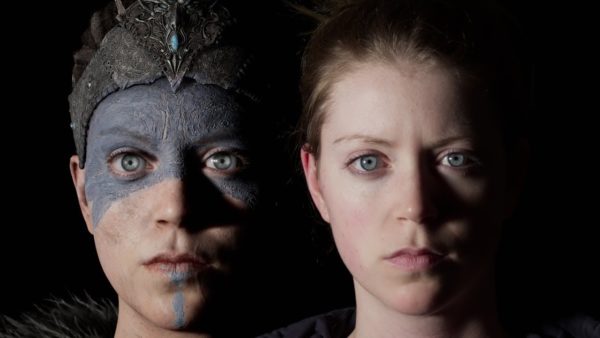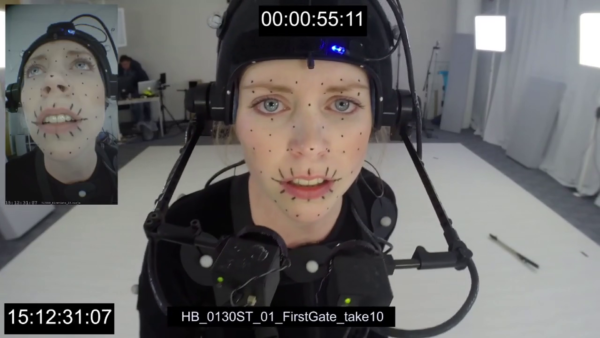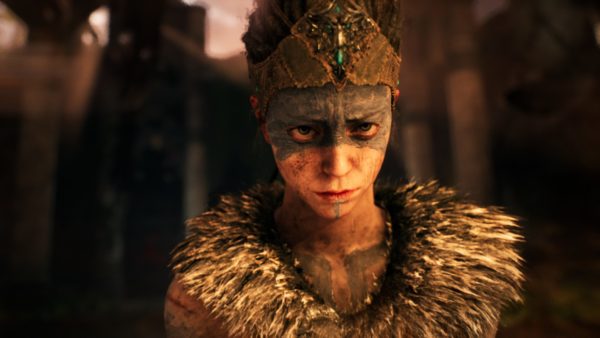This year’s indie hit Hellblade: Senua’s Sacrifice is two things: a fantastical odyssey into the depths of hell and an exploration of loss, trauma and psychosis. Upon release, it was critically acclaimed for its realistic and respectful portrayal of horrific mental illnesses.
Speaking at a panel during MCM London, Hellblade developers Ninja Theory discussed the financial situation behind the game, their casting process and the research into psychosis.
Tameem Antoniades (Creative Director) knew throughout development that their restrictive budget could work if they played their cards right. “We wanted to make a game with indie sensibilities, so we could only afford to mocap one character. Instead of modelling and mocapping other characters, we used some clever tricks like POV shots, putting the player in their shoes and creating a sense of participancy.”
Speaking of the decision to cast Melina Juergens as the voice of Senua, he said: “She’s kind of the office monkey, always joking around. She can act in a way that is very much herself, we just had to make sure she could take direction and perform in our meeting-room-turned-studio.”

Melina’s performance was layered, powerful and expertly animated, but the production environment couldn’t have been scrappier. Still, she was confident that she could rise to the task. “You have no sound or voices, just a blank room and imagination, fighting things that aren’t there. I tried to put myself in a real situation. All method acting”.
Mental health is obviously a major theme in the game, and the developers did a lot of research to understand it correctly. Of the process, Dom Matthews (Commercial Director) said: “we wanted to make a game that was compelling in its own right and not just about helping people.”
“We announced [on Saturday] that we were able to raise £60,000 for a mental health charity. It was special being able to make something that went beyond being just a game. It reinforced the sheer impact of literature and games. It was the cherry on top.”

When asked about the decision to drill deeper into psychosis, Tameem explained that it stemmed from his excitement at making a fantasy game. “I didn’t want to copy Lord of the Rings or Blade Runner. I started wondering where fantasy came from.”
“I think it’s linked to trauma just as much as imagination. When I looked into psychosis, I was amazed. I thought hearing voices was an emotional description, not a literal one. It felt like it was important to portray it.”
Dom chimes in, describing how Ninja Theory decided to approach such a taboo subject. “The research into psychosis was at the heart of the game from the very beginning. The people we spoke to practically became members of the team.”
Tame pointed out that there is a stigma around mental health. “Most of us know someone who has experienced mental health problems. It’s strange that something so common isn’t talked about. You don’t feel ashamed of catching flu yet somehow we’re ashamed of mental illness”

Closing out the panel, the three Ninja Theory members revelled in the presence of their fans and spent a long time talking with them. It’s clear that Hellblade was a labour of love, and they’re immensely appreciative of the people supporting the game.
Hellblade: Senua’s Sacrifice is available on PlayStation 4 and Steam. Keep an eye out for other MCM coverage from us.

